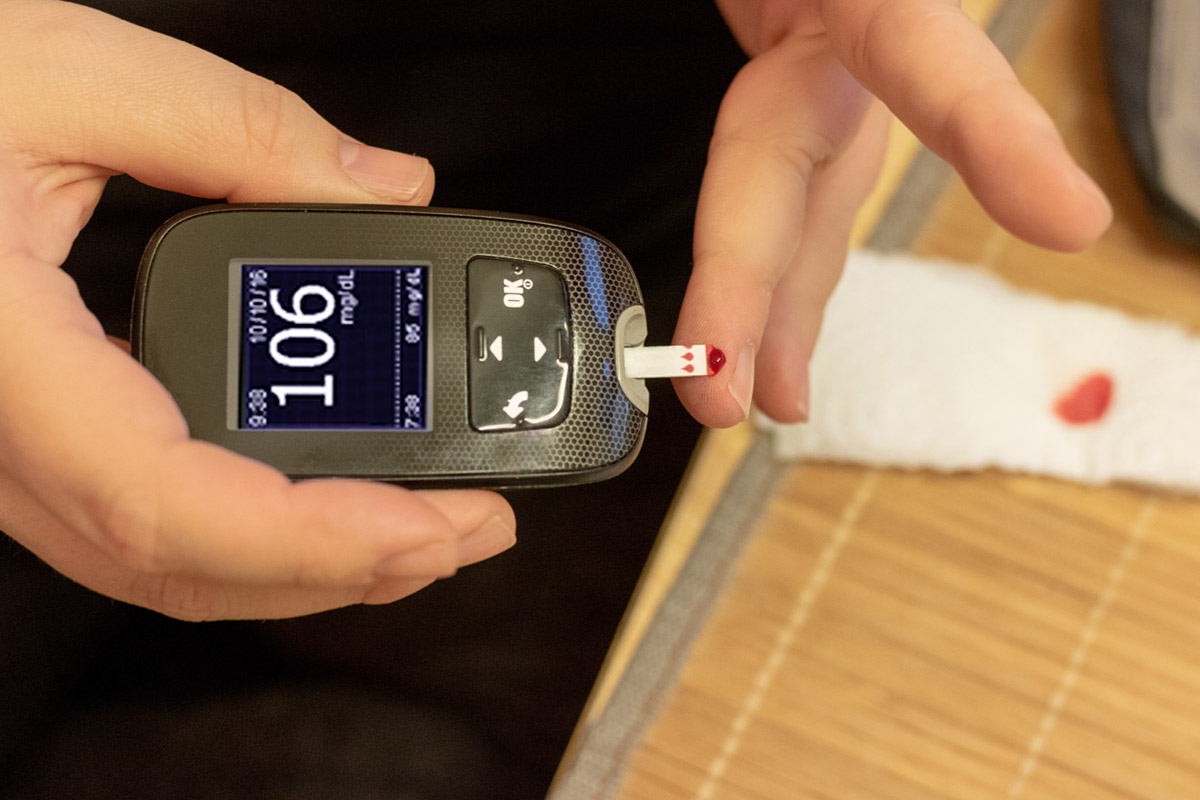Study Reveals Blood Sugar Management Key to Stroke Recovery

Study Reveals Blood Sugar Management Key to Stroke Recovery
A study has discovered a crucial factor in treating stroke victims. Dr Andrew Southerland, neurologist with the University of Virginia Health, says thorough control and observation of blood sugar after clot busting medicines might improve outcomes for stroke victims.
The study involved over 1,100 individuals, of which 63% were treated with medications to dissolve clots that block brain arteries. Around one in 5 had type 2 diabetes – an ailment which impacts blood glucose regulation.
The findings are eye-opening
Higher blood sugar individuals have been at increased risk of brain bleeds, a major complication following medical treatment for arterial blockages. The risk was considerably greater among older individuals and individuals with more severe first strokes.
However, scientists observed that every 10-point increase in blood sugar placed a patient in danger of a brain bleed by 8%. On the other hand, individuals who effectively decreased their blood sugar levels shortly after receiving clot-busting therapy were healthier than people who failed.
A subset of patients also received intensive post clot-dissolution insulin therapy to more aggressively regulate blood glucose levels. Even though this particular kind of insulin treatment didn’t decrease brain bleed risk, it reinforced the overall demand for blood glucose control in stroke recovery.
A crucial tool for stroke prevention
Talking about the trial, Dr Southerland said much more targeted research was required. Results demonstrate that effective blood sugar control is a crucial tool for stroke prevention, particularly in diabetic patients. The continuing collaboration between individuals and their physicians is essential for lifestyle modifications and medical interventions that can maintain safer blood sugar levels.
The scientists from the University of Virginia call for further investigation into the best methods to control blood sugar after clotbusters, particularly those with the most serious strokes. It is hoped to apply these results to upcoming clinical trials to perhaps refine therapy suggestions in high-risk stroke patients, especially those who underwent clot removal methods.
This particular analysis not only elucidated the crucial importance of post-treatment care for stroke patients but also serves as a fundamental research base for future research aimed at boosting stroke survival and overall life worldwide.
Source:
Andrew M. Southerland, MD, Stephan A. Mayer, MD, Nicole A. Chiota-McCollum, MD, Med et al.
